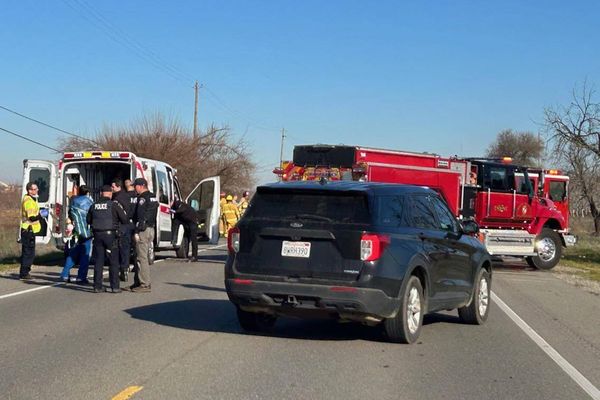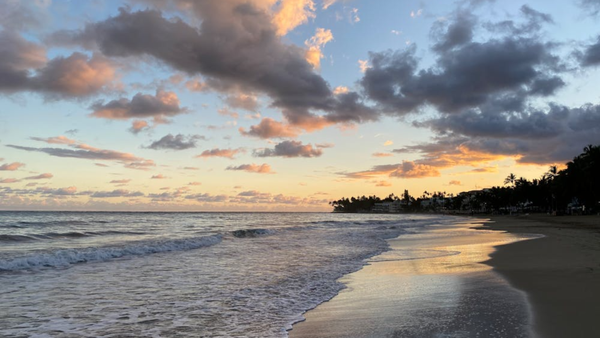
South Korean prosecutors are seeking to formally arrest the former defense minister alleged to have colluded with the president in imposing martial law last week. The martial law, which lasted only about six hours, has sparked large street protests and a domestic firestorm. The Justice Ministry has banned the president and eight others from leaving the country as key suspects in the case.
The Seoul Central District Court is reviewing a request from prosecutors for a warrant to arrest the former Defense Minister, who recommended martial law to the president and sent troops to block lawmakers from voting on it. The former Defense Minister has apologized for causing anxiety and inconvenience, taking full responsibility for the imposition of martial law.
If an arrest warrant is issued, he would be the first person arrested in the case. Prosecutors accuse him of playing a key role in a rebellion and committing abuse of power. The opposition-controlled parliament has passed a bill to appoint an independent special counsel to investigate top military officials over the martial law introduction.










The martial law decree was deemed unconstitutional by opposition parties and experts, as it was not declared during a national emergency state. The president's announcement emphasized the need to eliminate political rivals, leading to clashes with the liberal opposition party.
South Korean law grants the president immunity from prosecution while in office, except for allegations of rebellion or treason. The focus now shifts to investigating the president and the potential for his detention. If impeached, his powers would be suspended until the Constitutional Court decides on his removal from office.







